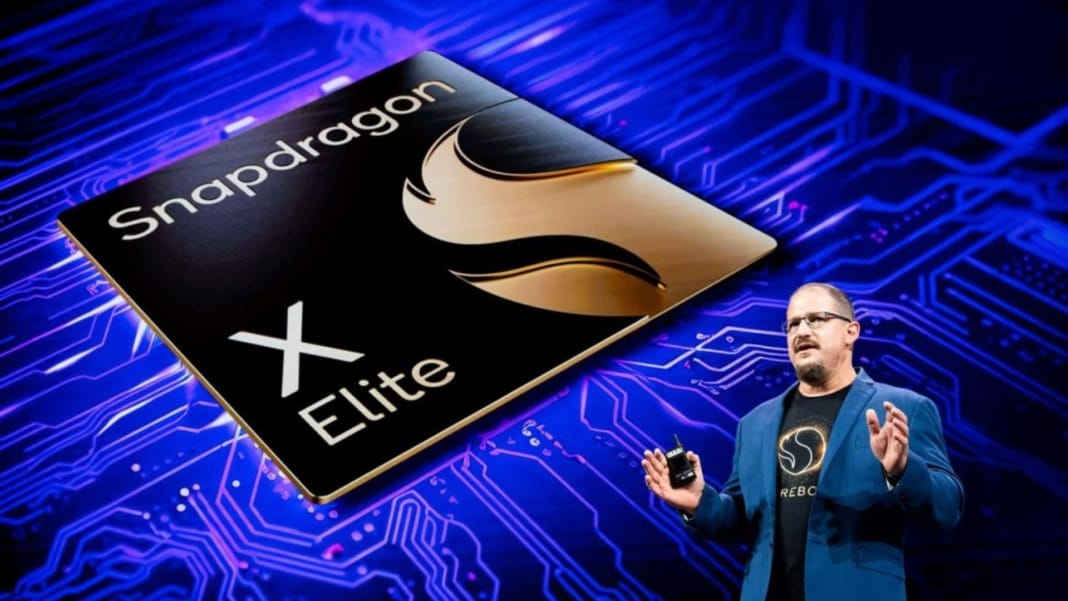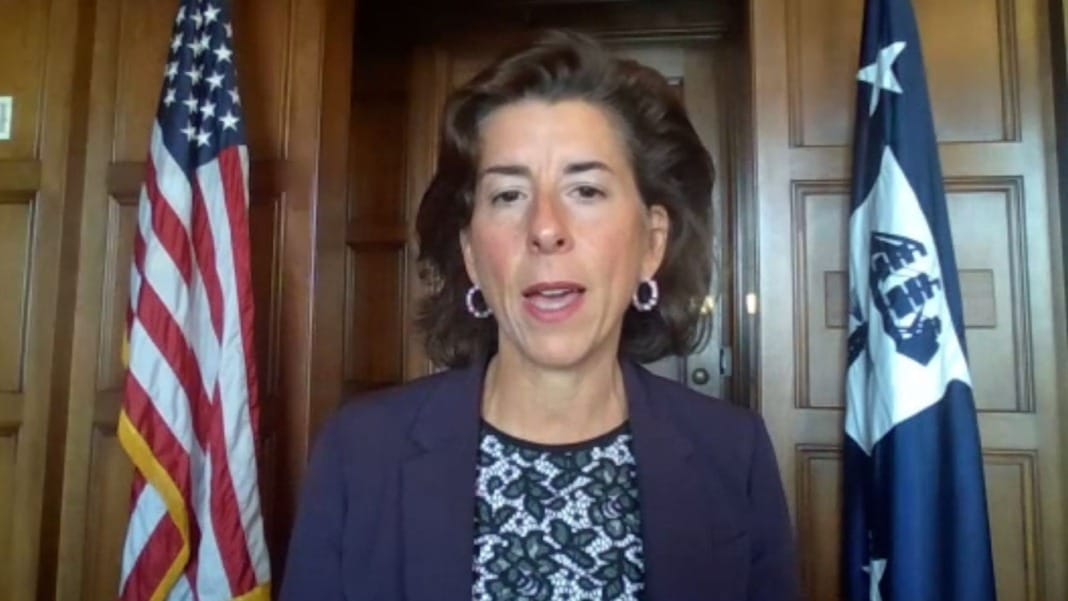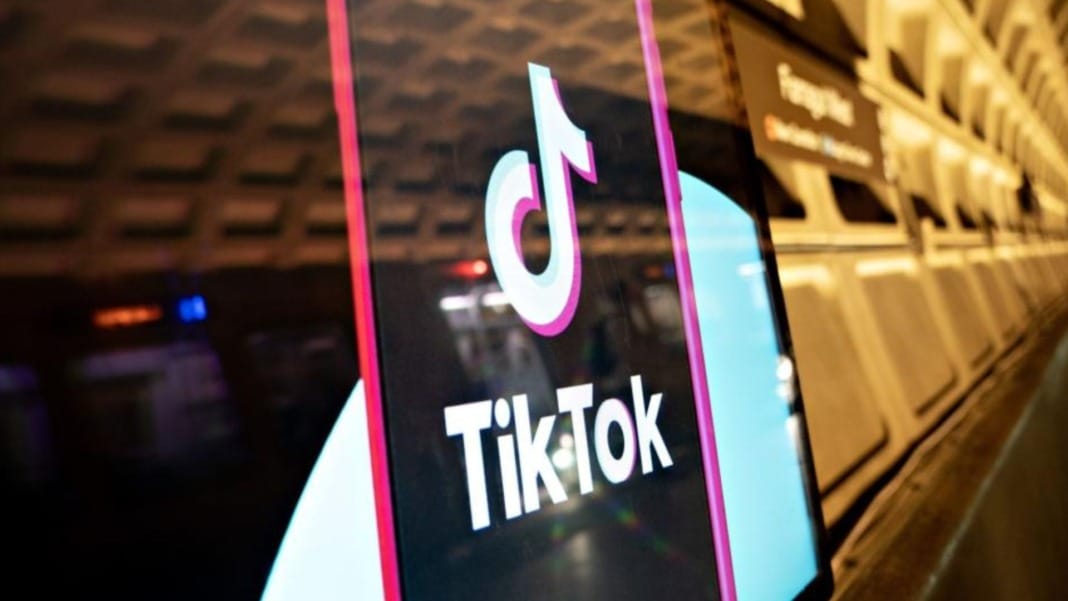Intel’s interim co-CEO, Michelle Johnston Holthaus, addressed Barclay’s Global Technology Conference on December 13. She made some striking claims about Qualcomm laptops and the growing Arm ecosystem. She stated that many Qualcomm laptops are being returned by customers, raising alarms among retailers.
Johnston Holthaus described this issue as the “number one concern” for retailers, though specific data on Qualcomm’s return rates this year is scarce. She suggested that compatibility issues with Windows on Arm might be a factor behind these returns, even though such problems have lessened in recent years.
Qualcomm’s growing market share but lingering challenges
According to Canalys, during the third quarter, Qualcomm sold 720,000 PCs, securing a modest 0.8% of the global market share. While this represents substantial growth for the company, the sales volume remains relatively low. Given these numbers, it seems unlikely that retailers would be significantly impacted by return rates for Qualcomm devices.
Johnston Holthaus’s comments could be viewed as an effort to temper excitement around Qualcomm and other Arm-based PCs, positioning Intel’s x86 architecture as the superior choice. She emphasised Intel’s commitment to x86, saying it remains the “best overall basic architecture,” with many customers continuing to trust Intel’s technology and vision for the future.
Intel’s response to industry pressures
These remarks follow criticism from Morris Chang, founder of Taiwan Semiconductor Manufacturing Company (TSMC), who recently commented on Intel’s leadership changes. Chang stated that Intel “has no strategy and no CEO” and suggested the company had erred by not prioritising AI processors. TSMC, which collaborates with major players like Nvidia, Apple, and Qualcomm, has been a key driver of innovation in the semiconductor industry.
Johnston Holthaus used the conference to reinforce Intel’s position at the top of the market. Despite the rise of Arm-based systems, she suggested they are still far from becoming a significant threat to Intel’s dominance.
Looking to the future, she acknowledged that the competitive landscape is rapidly evolving. “Competition makes us better,” she said, adding that innovation thrives when rivals push boundaries. She hinted at the arrival of even more competitors, stating, “We [will] have more competitors than we have ever had; you will see more competitors enter the marketplace in 2025.”





